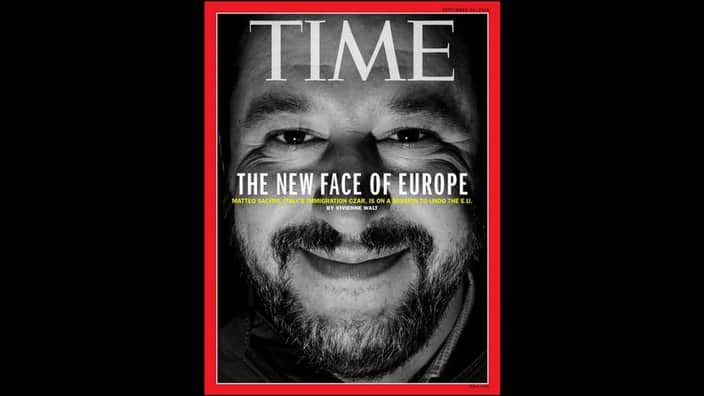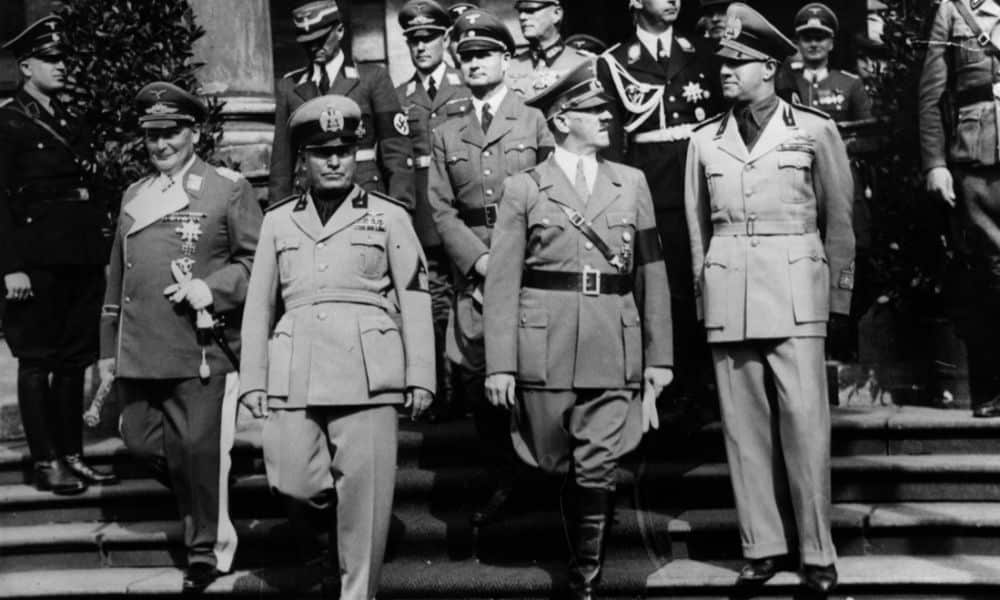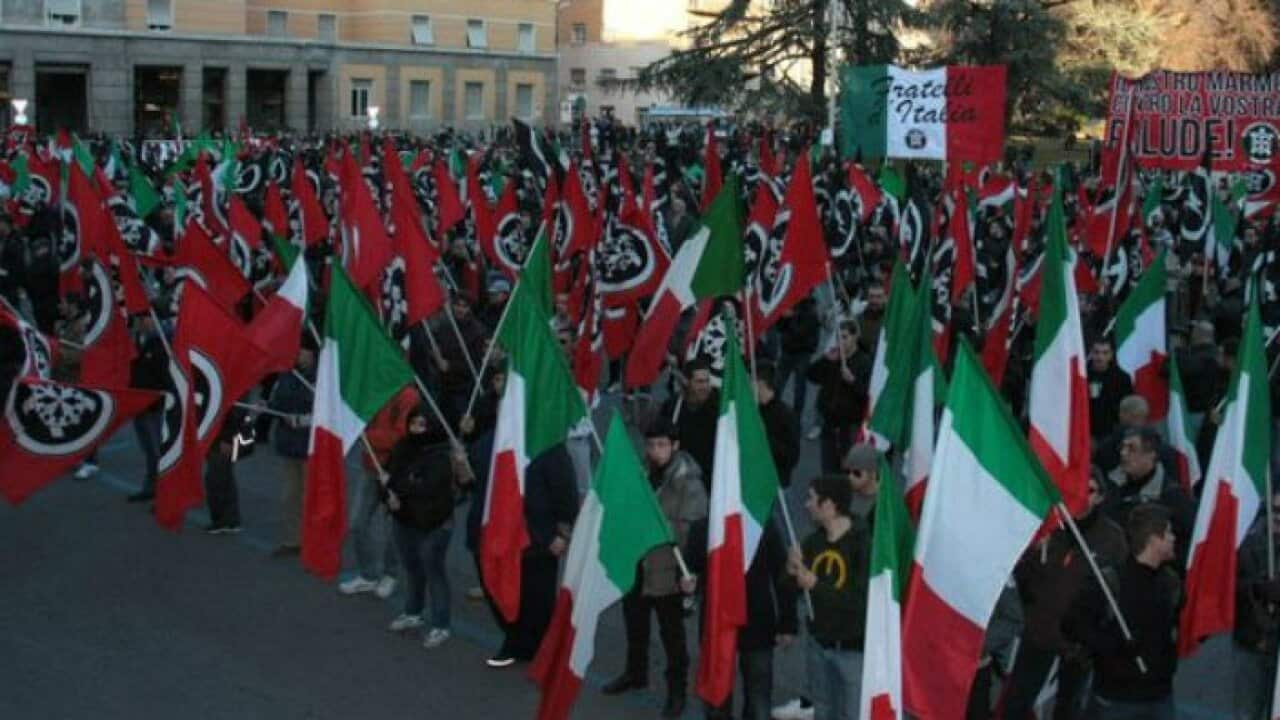Extreme right-wing activist groups have gained visibility in their use of these symbols in Europe, while mainstream political party leaders seem to increasingly embrace extreme-right themes, potentially in an attempt to attract votes from a portion of the population for which that symbolism resonates.
But does it mean that fascism is on the rise and might pose a challenge to Western European democracies, as it did in the 20th century?
The results of the elections for the parliament of the European Union (EU) show significant losses for the traditional conservative and center-left blocs, while the Greens, Liberal and euroskeptic parties made gains.
And although pro-European groups still retain a clear combined majority of seats in the new parliament, the constellation of populist-sovereigntist forces significantly grew, with Italy's Lega (League) and France's Rassemblement National (formerly known as Front National or National Front) becoming the first parties in their respective countries.
But according to Monash University’s Senior Lecturer in International Relations and European Studies Andrea Benvenuti, the current populist and sovereigntist movements do not pose the same challenge to democracy that Fascist and Nazi parties presented almost a century ago in Italy and Germany.
And in spite of hard-line policies and reference to far-right symbolism, it would be incorrect to label them as fascist, Benvenuti says.
Case study: A return of fascism in Italy?
Matteo Salvini, Italy’s Interior Minister and leader of right-wing party Lega, has been criticised for rhetoric perceived on various occasions to be courting neo-fascist extremists.
And his party, once a junior partner in the broader centre-right coalition led by former prime minister Silvio Berlusconi, has become the largest force in Italy, gaining 34 per cent of the Italian vote at the EU elections. The front-running party, center-left Democratic Party, obtained less than 23 per cent of the vote.
But according to Benvenuti, neither the League, nor the other mainstream right-of-centre party Fratelli d’Italia (Brothers of Italy) can be labelled as explicitly fascist. He considers them right-wing/populist parties instead.

“The European populist/sovereigntist galaxy is a complex one,” he says, and nuance is important in discussing their political stripes.
“Of course there are similarities across a number of parties in terms of themes, but if for instance we look at Italy, I would not characterise the League as a fascist party, perhaps not a far-right one either.”
And, as much as people disagree with his politics, Matteo Salvini is not a fascist, says Benvenuti.
“He is indeed a conservative politician. Here and there, of course, he somehow makes statements that can be dubious, but I would not label him as fascist.”
According to Benvenuti there is a tendency in Europe, and even in Australia, to incorrectly label populist, sovereigntist and right-wing politicians and movements as fascist, especially when referring to their approach to immigration policy.
“I remember years ago John Howard sometimes was described in certain circles as a fascist,” says Benvenuti. “But if Howard is a fascist then most centre-right is fascist.”
Benvenuti says that if the label ‘fascist’ is used so broadly, it becomes difficult to clearly identify the movements and politicians which are quite explicitly fascist, or who openly celebrate fascist movements of the past.
In Italy, for example, the likes of extreme right-wing parties CasaPound or Forza Nuova are very active on traditional and social media, and openly cite Mussolini’s fascist regime as part of their lineage.
“They can be described as fascist or post-fascist and need to be watched quite carefully,” Benvenuti says, making sure to add that neither of these parties, in spite of extensive media exposure, have ever obtained significant results at any election and are not expected to enter the European Parliament this year.
But if fascist movements do exist in Europe and mainstream parties rhetoric refers to fascism, should we worry that European nations might see new Fascist and Nazi parties emerge?

“Parties like the League in Italy, Alternative for Germany or the National Front [Rassemblement National] in France are clearly nationalist-sovereigntist parties,” says Benvenuti. “And yes, within part of their electorate there is a clear element of hard-right and they might be able to gain votes from that area of politics.”
Benvenuti says a few more steps would need to occur “before we really cry wolf” on a serious return of fascism in Europe.
One of them is political violence.
“In terms of the actual violence, if we compare the rise of the Fascist Party in Italy after World War I in 1921, the level of political violence today in the country is actually non-existent. There is no sign of political parties using militias to attack opponents for example.”
So should we be reassured that fascist ideologies are not re-emerging?
“We need to carefully monitor the present developments of course, but nothing leads me to believe that we are at stage one of that particular political progression.”
